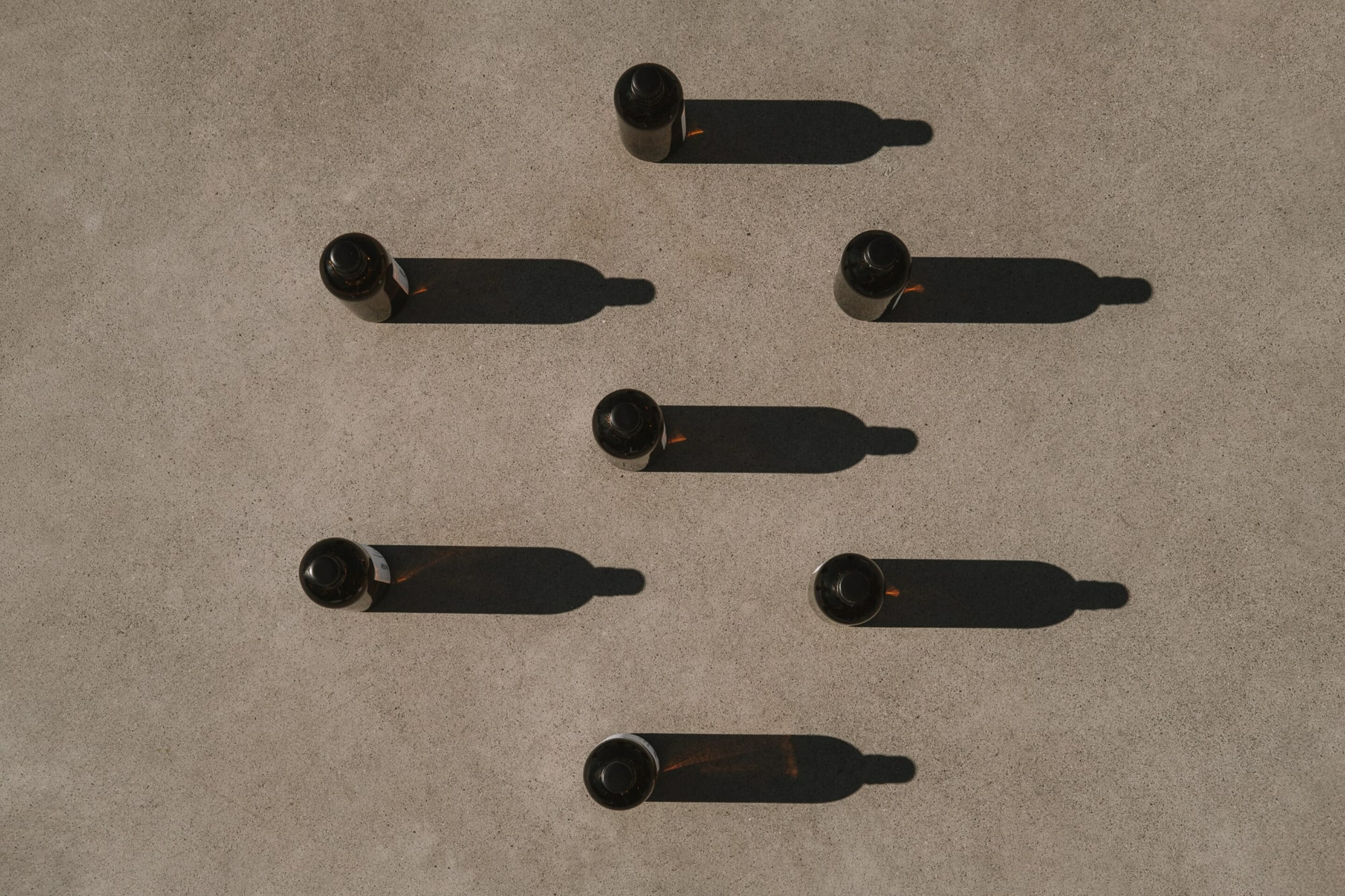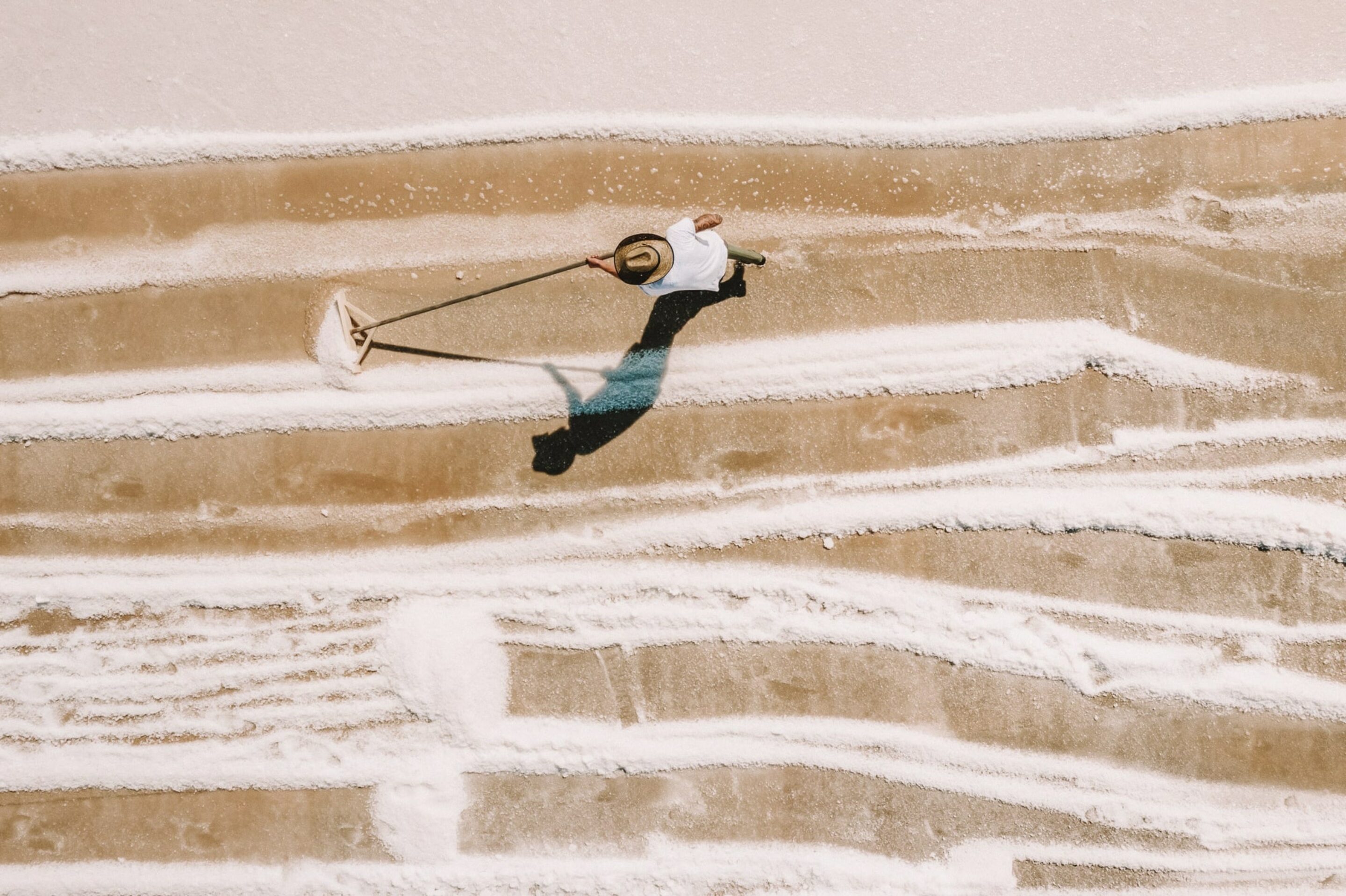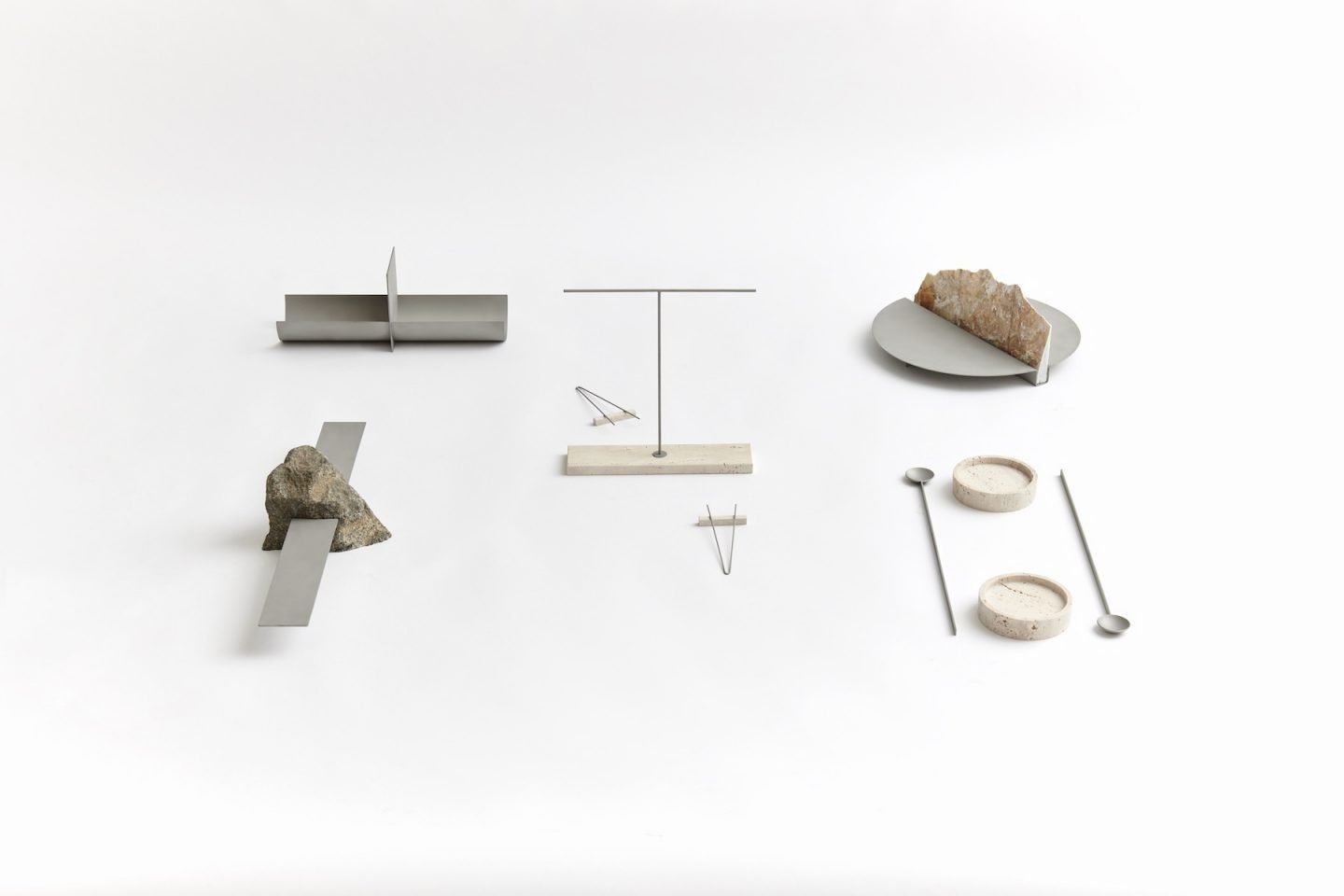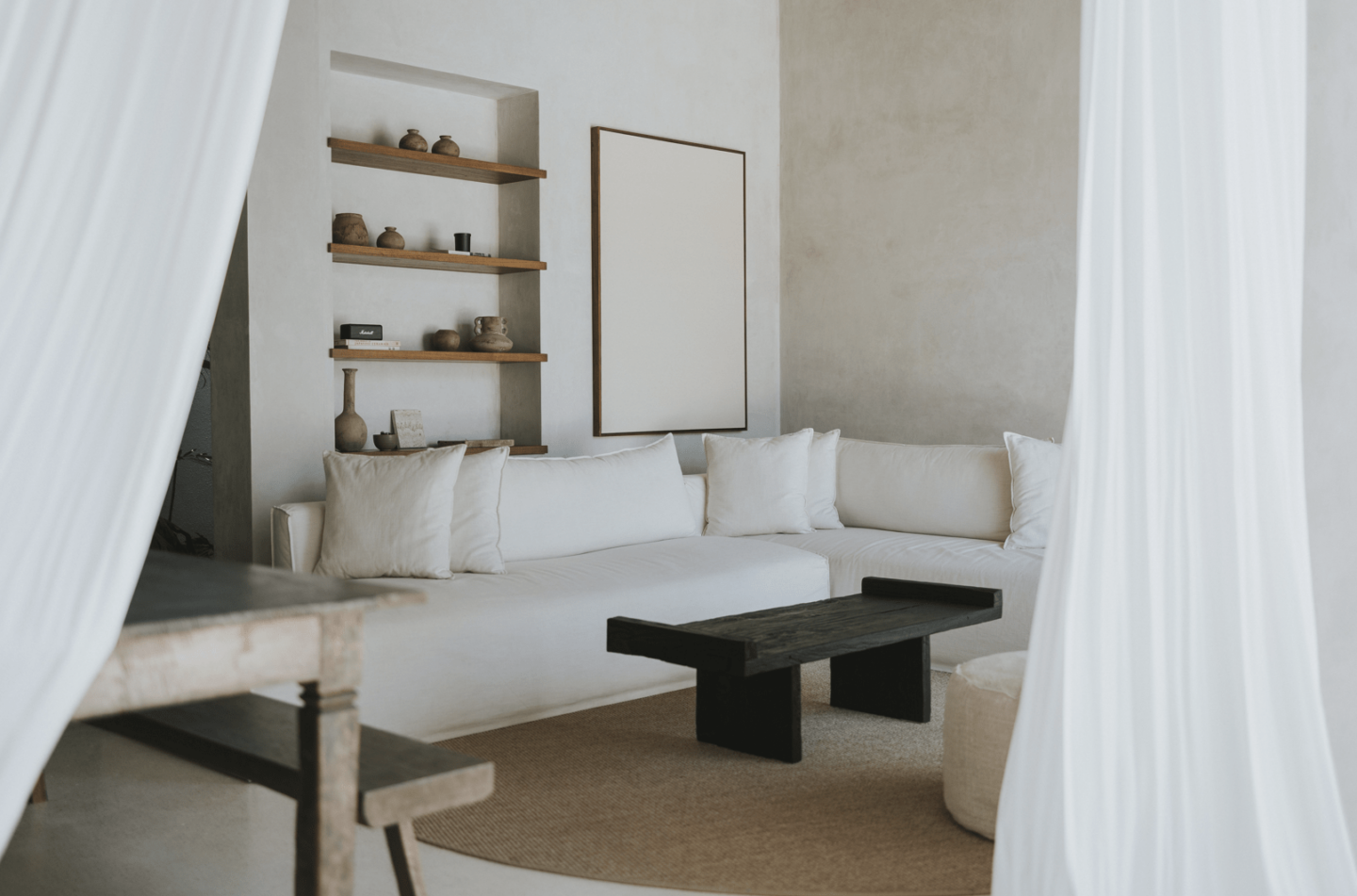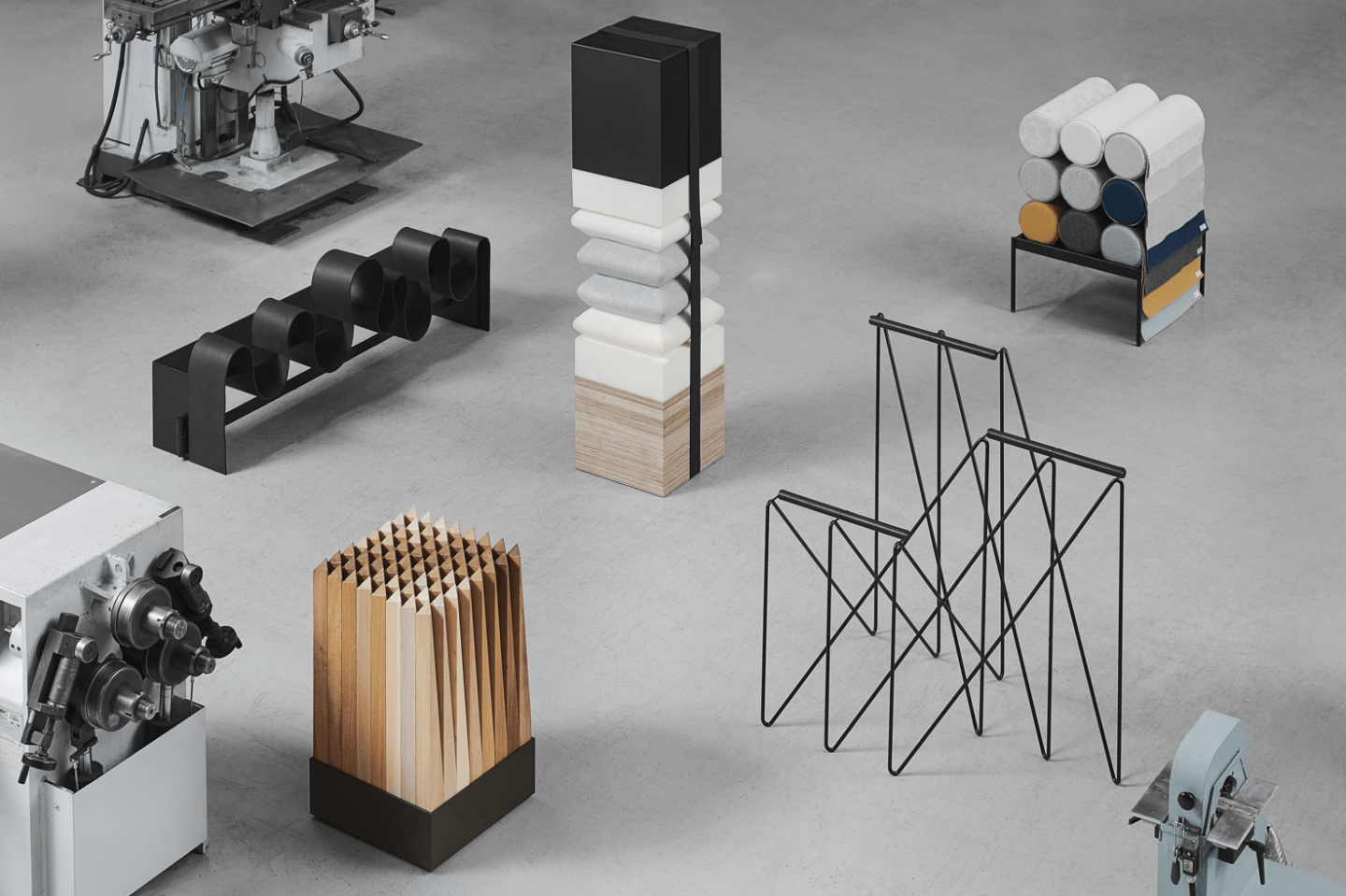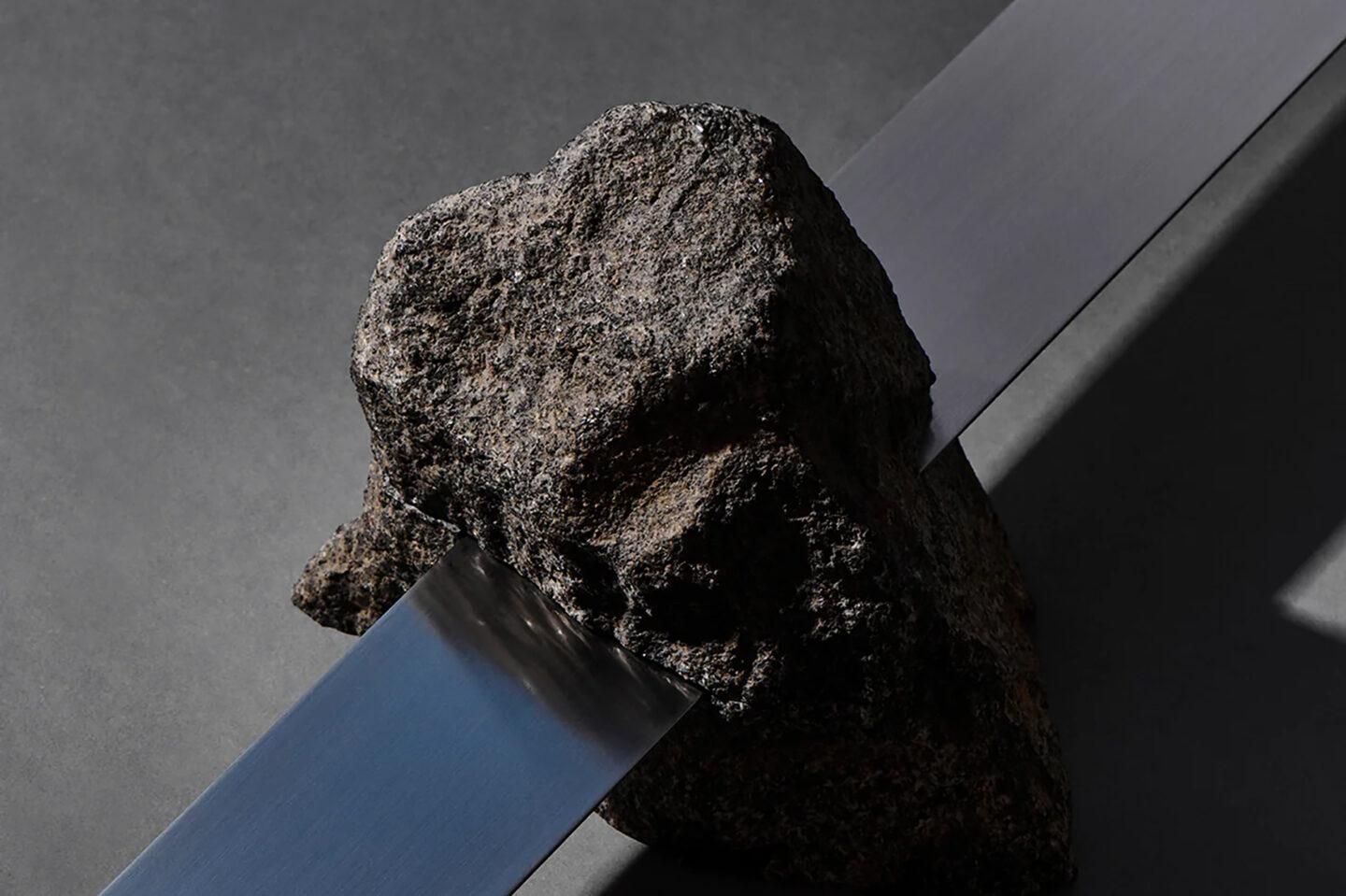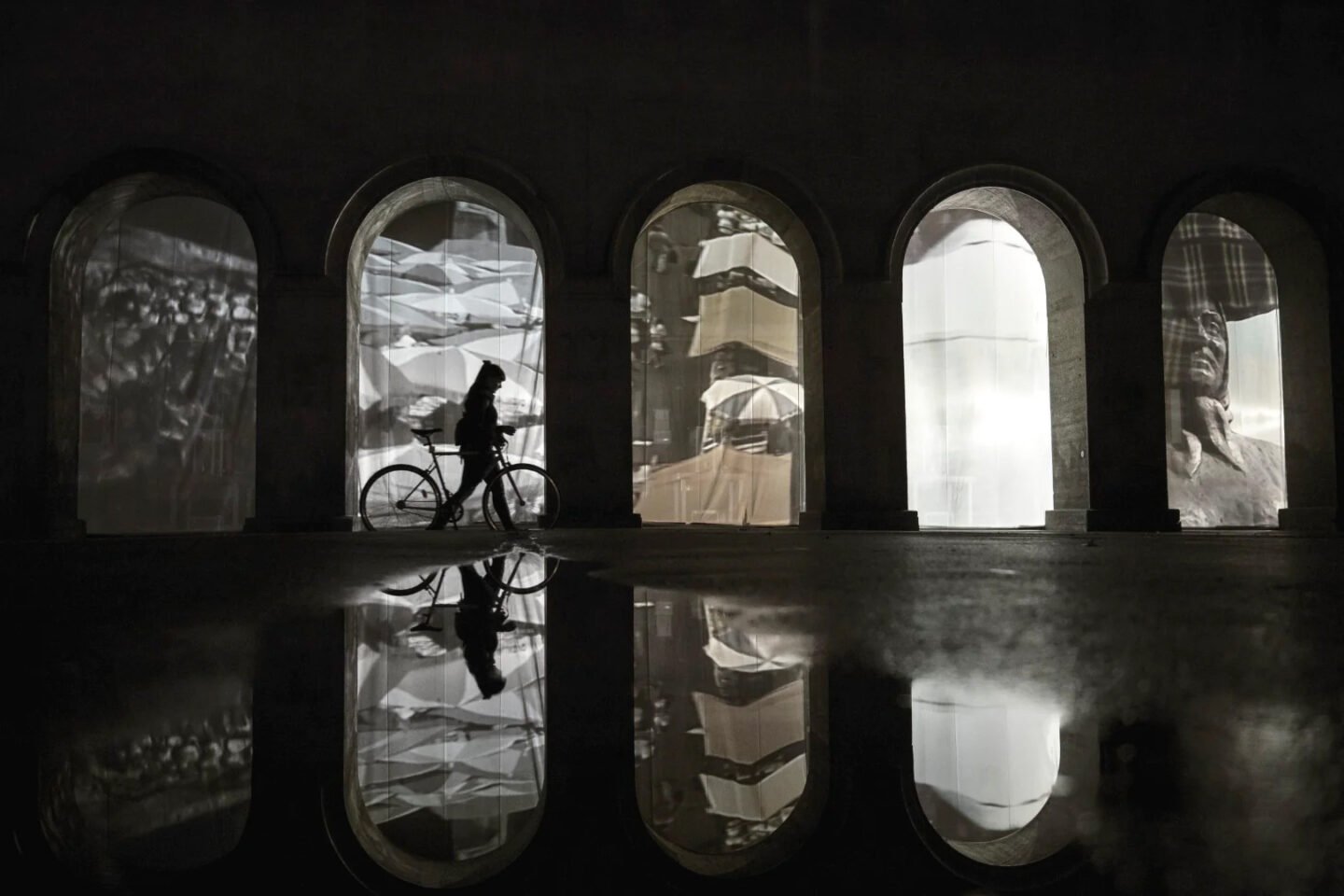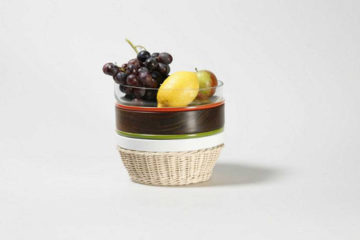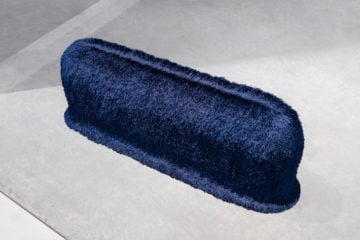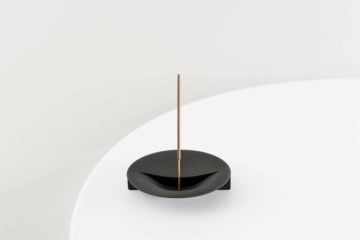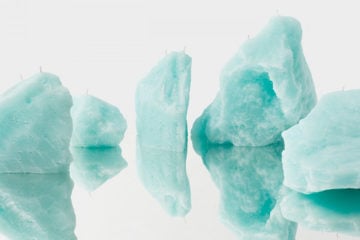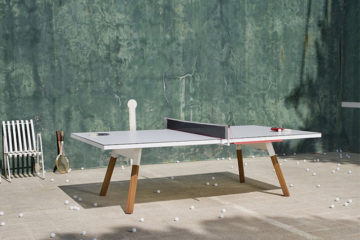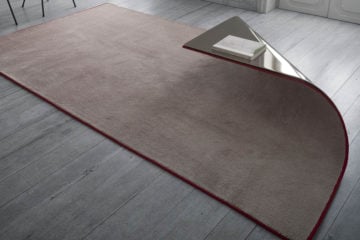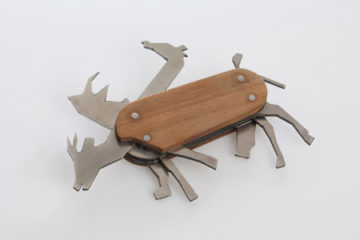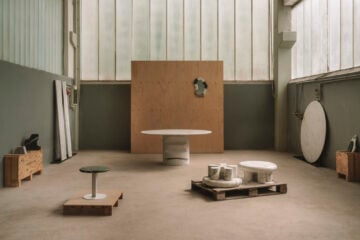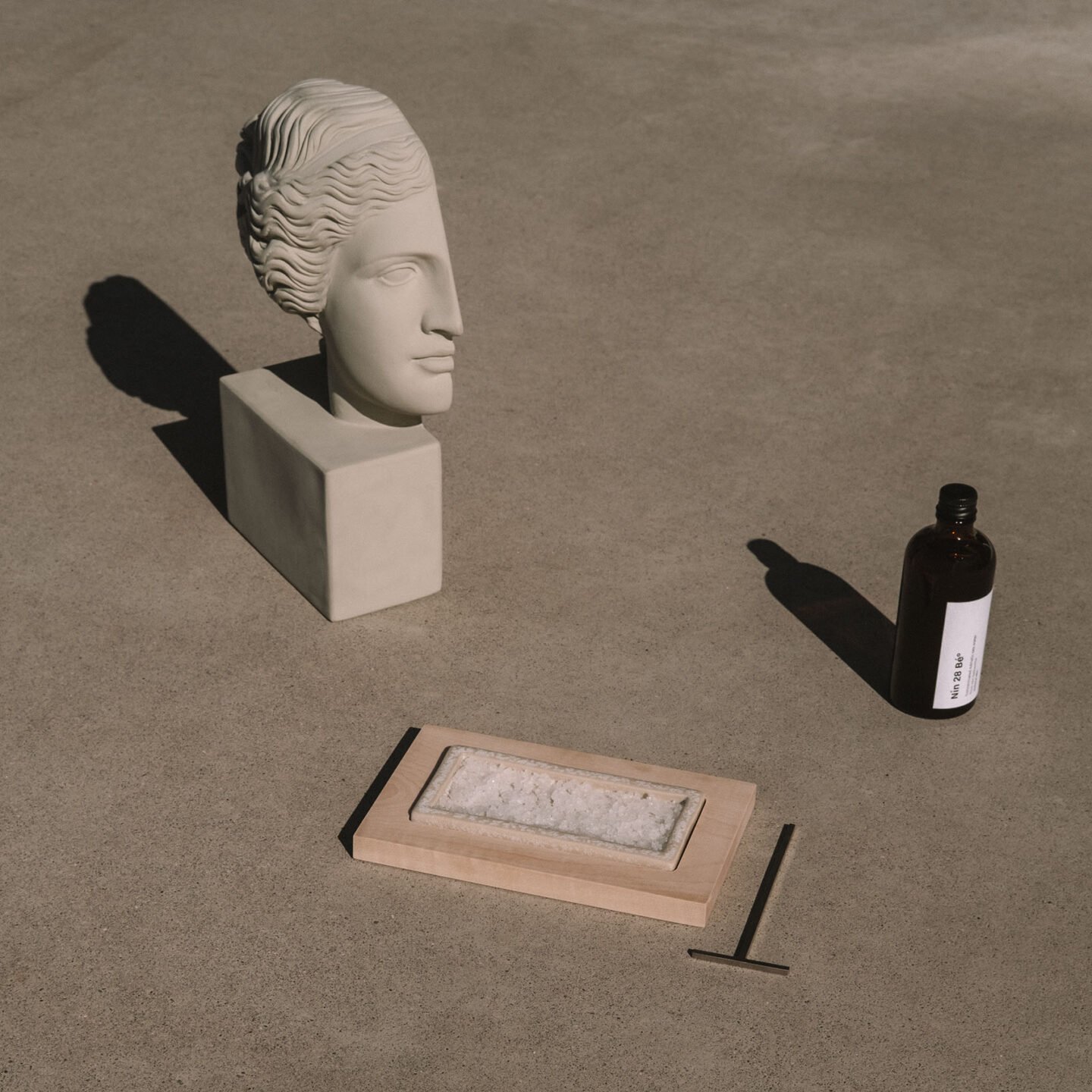
IGNANT Meets BOIR: Crafting Inventions To Highlight The Rich Culinary Culture Of The Mediterranean
- Name
- BOIR
- Project
- SAL⊥
- Images
- Clemens Poloczek
- Words
- Devid Gualandris
An essential condiment and the indisputable treasure of the sea, salt is a ubiquitous ingredient in our daily lives. But, has the thought of harvesting your own salt ever crossed your mind? For the past years, interdisciplinary Croatian studio BOIR has cherished the time-honored tradition of salt harvesting with their invention SAL⊥ —a culinary adventure contained within a sleek, wooden case. Driven by a shared passion for minimalism and a commitment to environmental responsibility, IGNANT has collaborated with the designer duo on a unique redesign of the portable saltwork—the first creation in a range of upcoming products by the minds behind the magazine.
SAL⊥ has captivated everyone’s attention since its debut, appearing on the pages of international design magazines, including our own. The creative concept, which involves harvesting salt from seawater using a small-scale, portable processing unit, has been a hit for its clean design language, which is both distinctive in appearance and rich in storytelling. The product, which consists of a minimalist container and a bottle of concentrated Adriatic seawater, mimics and brings the century-old traditional craft of salt harvesting, which is still practiced today in coastal Mediterranean regions, inside the home. As we talk with the visionary design masterminds from their Zagreb studio, we delve into the inspirations and creative process behind it, underscoring how our very own spin-off can help illuminate the Mediterranean’s rich culinary culture.
Partners in life and work, founders Ivan and Vlatka Zidar, are a creative force that proves how an unlikely pairing can lead to success. “For many years, I have been involved in video production and graphic design,” says Ivan, a designer-turned-chef, over Zoom. “Love for food has followed me since my childhood days, but it took some time before switching careers.” Today he’s an experienced chef with a successful gourmet food franchise under his belt. His wife Vlatka is just as triumphant, running a design studio in the Croatian capital that focuses on interior design and spatial interventions—“something completely independent from BOIR,” she quickly notes. Each part brings unique skills and talents to the table—quite literally—combining their distinctive styles and approaches to produce work greater than the sum of its parts. “Ivan brings a keen eye for detail, an understanding of local ingredients, and an endless love for culinary experimentation,” says Vlatka. She, on the other hand, is a Master of Design with an intuitive grasp and ever-evolving exploration of the way physical objects may inspire rituals and incite lasting memories. “Together, we complement each other perfectly,” she adds with a soft smile.
Starting a business is no easy feat, but it was a calling that the couple couldn’t ignore. “Eight years ago, during my sea salt research projects, I noticed small pools of seawater trapped in rocks and how, when evaporated, this would leave little nuggets of natural salt behind,” explains Ivan. “That’s when the idea for portable saltworks came about.” The idea sat with Ivan for years, going only as far as a prototype. “When I met Vlatka and shared my sentiment, she thought it was brilliant. Soon after, we started planning how to make it happen and how to place it on the market,” he continues. A couple of years later, the product SAL⊥, and by extension studio BOIR, was born.
"Together, we complement each other perfectly"
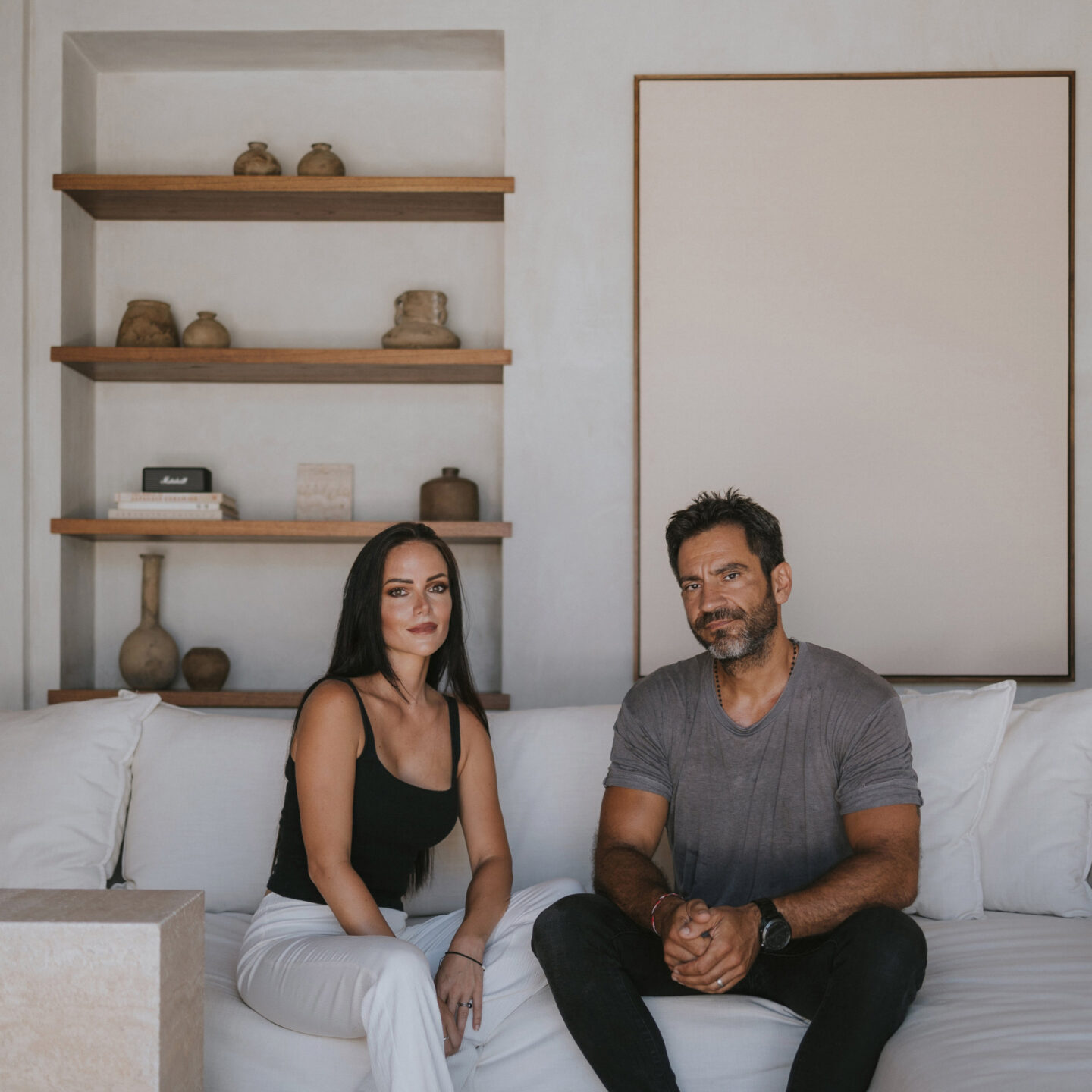
Image © BOIR
Since its inception, BOIR has been aiming to set the scene for culinary inventions by creating artisan tableware that enhances the dining experience. Pronounced ‘bo-ear,’ the name derives from an ancient Romanic language once spoken in Istria, Croatia’s gastronomic wonderland, which translates to the English verb ‘to boil.’ The word perfectly encapsulates their first product’s mission—to heat and transform seawater into precious salt crystals. A minimalist rectangular ceramic vessel coated with a waterproof enamel, the portable saltwork does precisely that: when exposed to light or heated up in the oven, it solidifies the brine—highly concentrated seawater—into solid crystals, which are then harvested by hand and served with a sleek metal T-shaped tool, reminiscent of those used in ancient Roman times.
More than just a playful, eye-catching design, SAL⊥ is a tale of tradition and hard work—the result of studies of rituals and histories. To this day, sea salt harvesting remains a crucial part of Croatia’s cultural heritage. At the crossroads of Central and Southeast Europe, Croatia is known for its striking coastline and crystal-clear glittering waters, which provide the perfect environment for producing high-quality sea salt. The manual harvesting process has a long tradition, dating back centuries to when salt was a highly prized commodity. “Traditional sea salt production in the Mediterranean goes through five stages,” says Ivan, recalling his studies at the ancient saltworks along the Croatian Adriatic coast. “During the first four stages, the water in the salt pans evaporates during the long summer days. Only in the fifth and final stage is the brine ready to form salt crystals.”
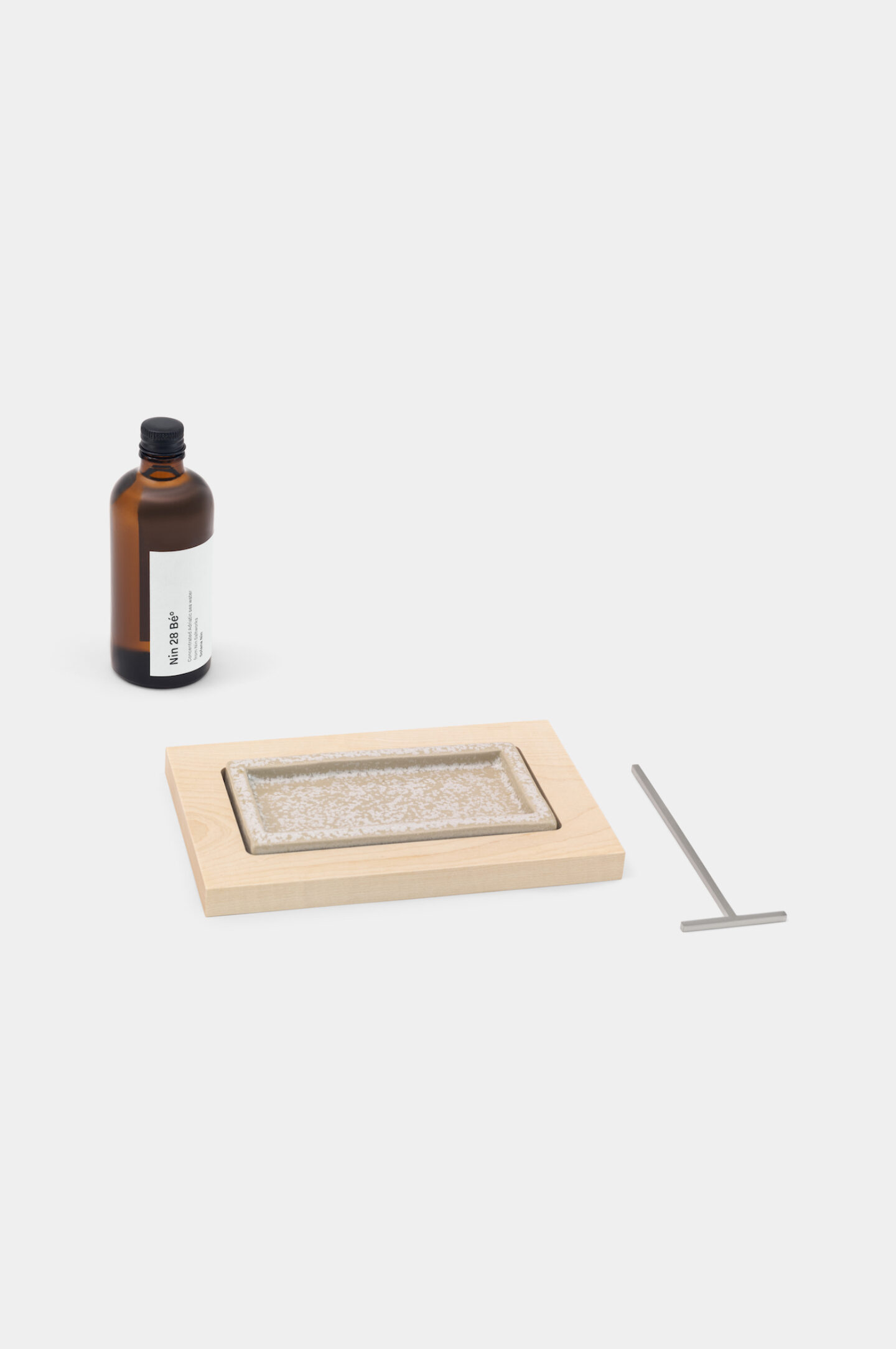
Image © Clemens Poloczek
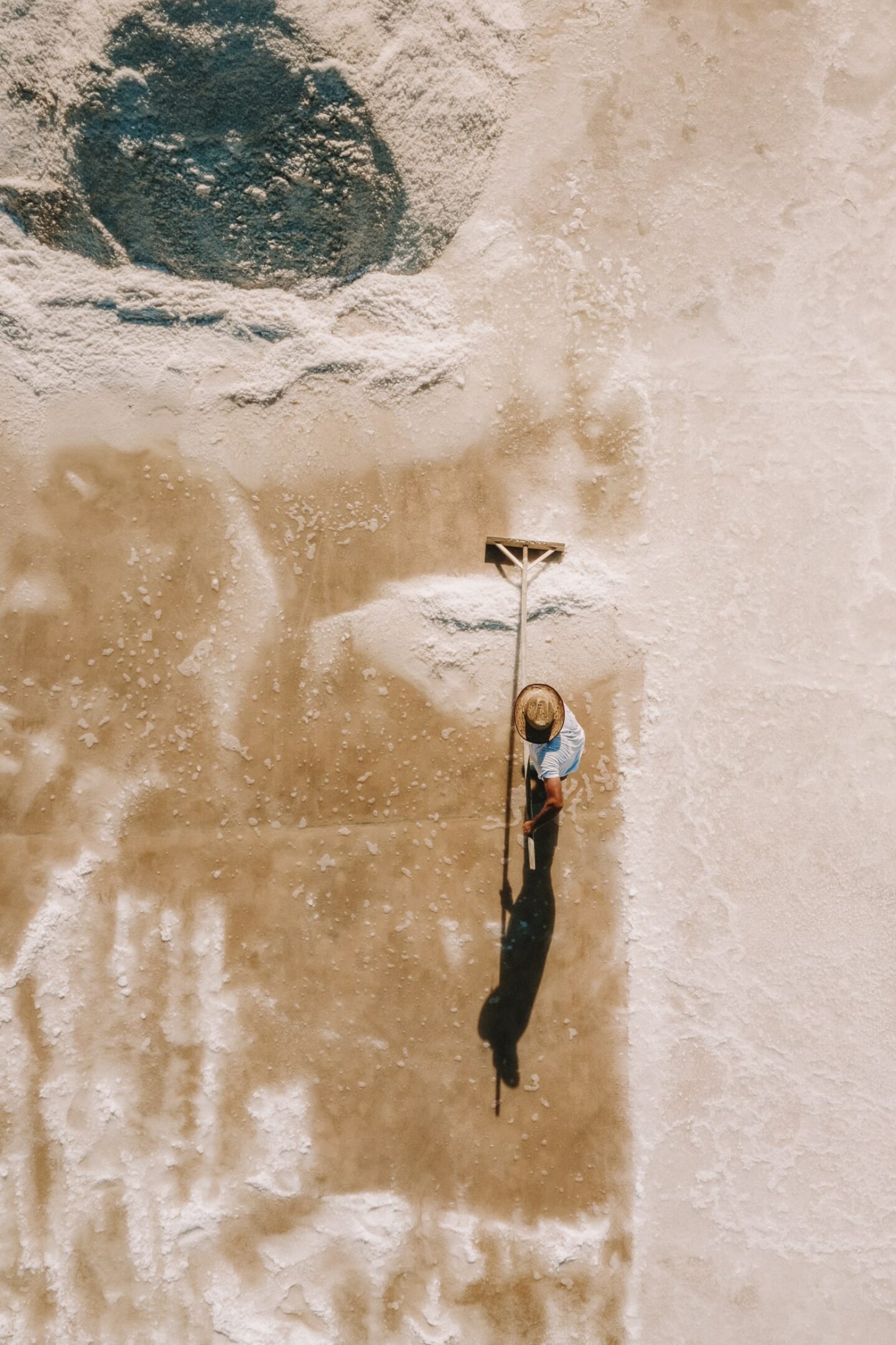
Image © Ivana Vareško
"The sea salt made in our portable saltworks preserves all valuable properties and the oligo-elements"
Today, Croatia remains one of the largest leading producers of sea salt. “Our salt is prized for its purity and mineral content, as well as unique flavor,” notes Vlatka. “Most of us use processed salts that have been whitened to please the eye. Few have ever seen the crystals form, yet we use it every single day,” she explains. “The Mediterranean Sea salt is extremely rich with minerals and oligo-elements—there are over 80 of them, most of which disappear during the industrial salt processing. The sea salt made in our portable saltworks preserves all valuable properties and the oligo-elements,” says Ivan with a proud tone, emphasizing their ability to produce high-quality salt in small batches.
“BOIR strives for higher gastronomy,” Vlatka continues as she walks us through the creative process that went into making SAL⊥. “That’s when Ivan’s professional experience as a chef comes in as important. Through his practical knowledge of trends in the restaurant industry, preparation and presentation of dishes, he gives key insights on how to approach which food item and how this will be reflected on our product or project as a whole.” Her contribution is, instead, more pronounced in the final stage, “in the definition of material and communication with manufacturers and technologists, as well as in product standardization, such as series development,” she adds.
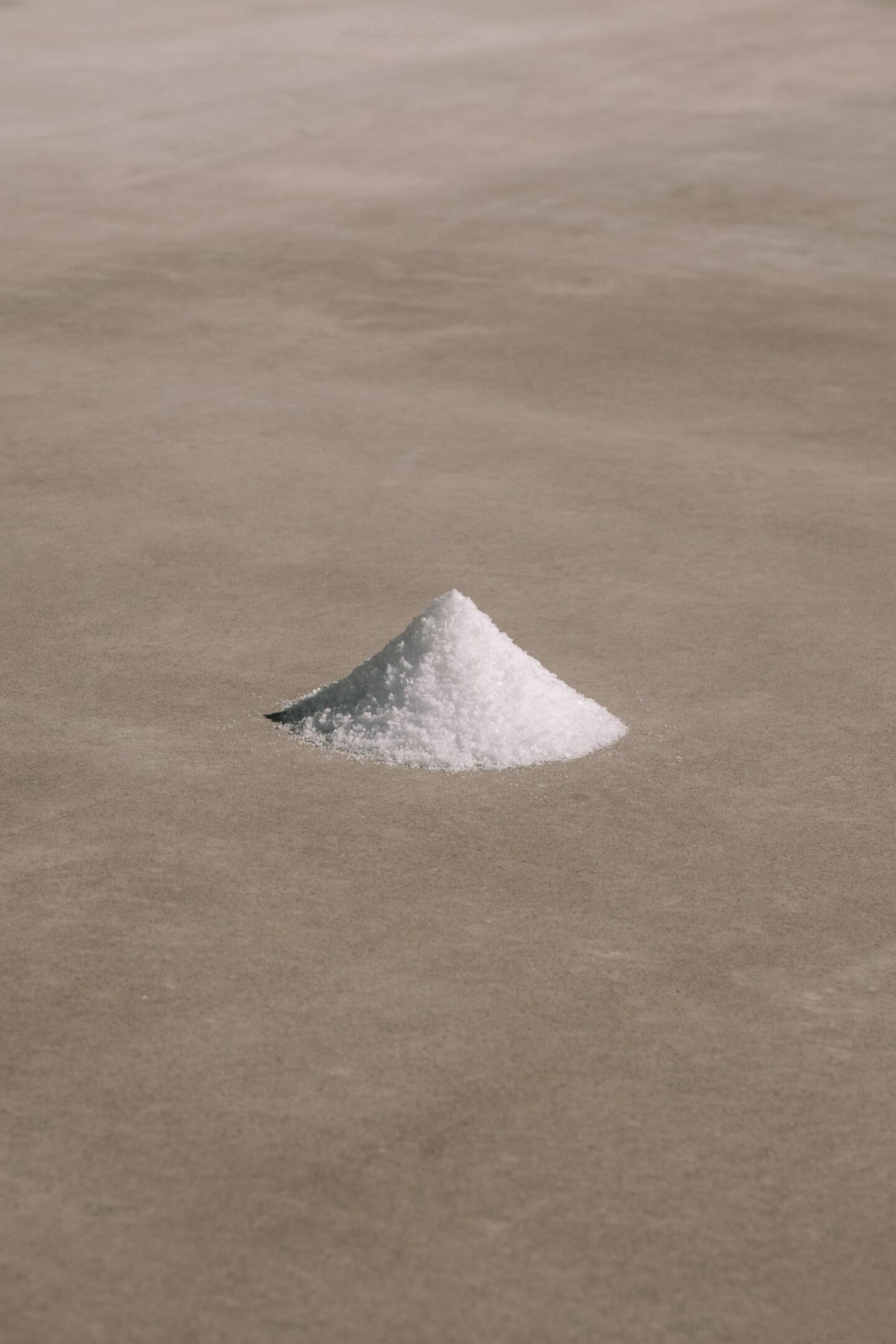
Image © Clemens Poloczek
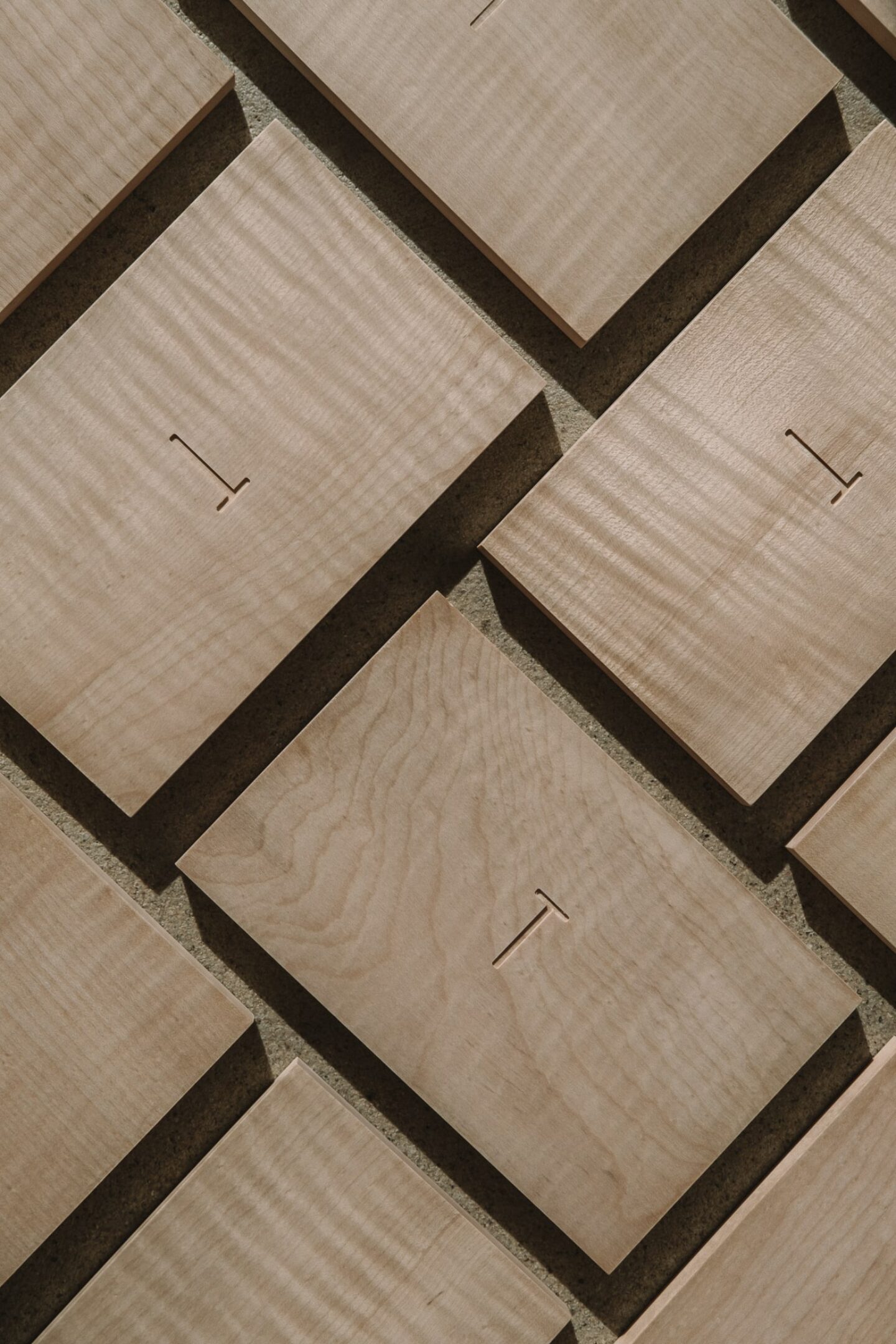
Image © Clemens Poloczek
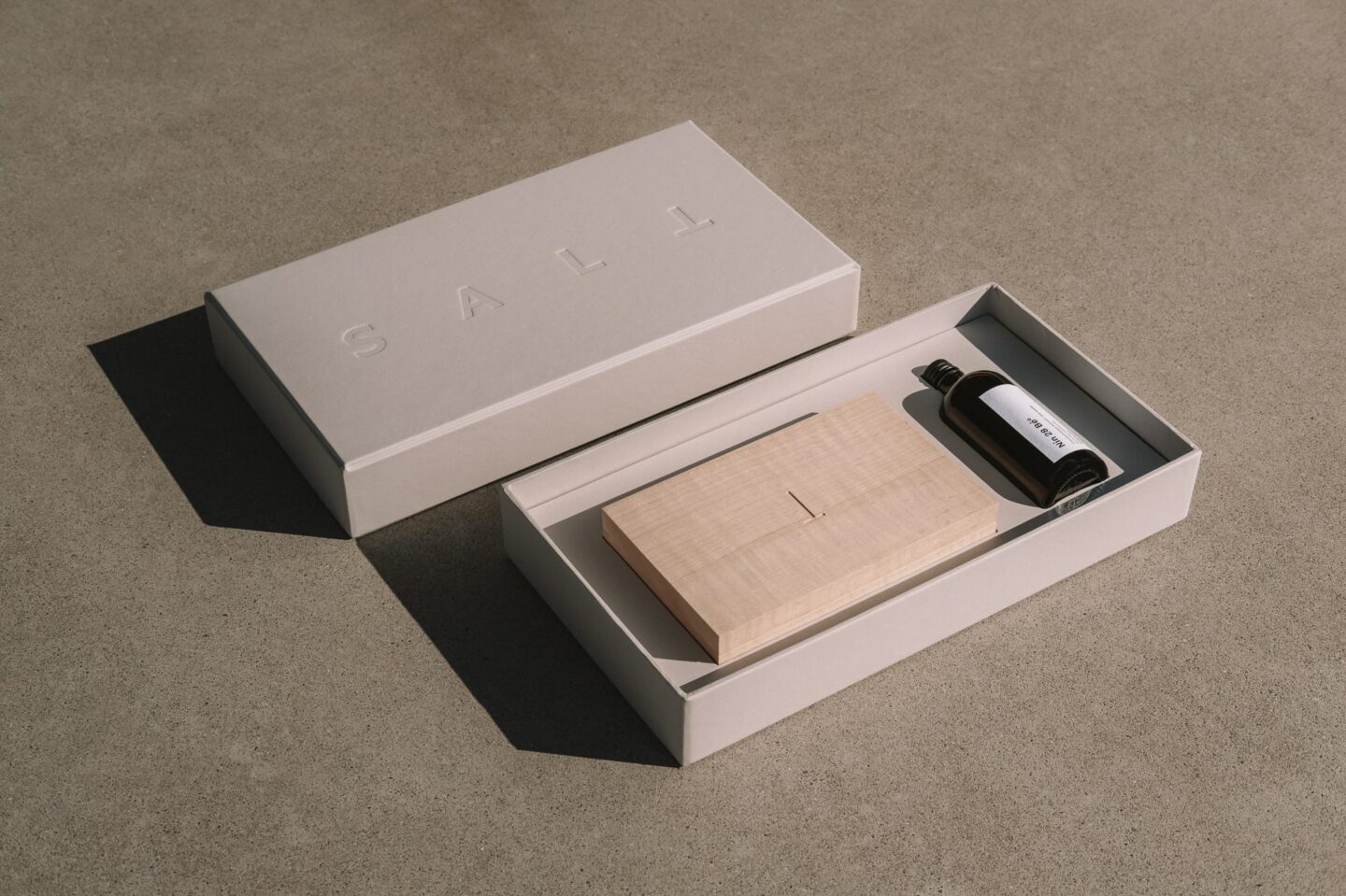
Image © Clemens Poloczek
Looking at their products, there is a genuine sensitivity to materials and design techniques in BOIR’s work. Crafted by the expert hands of the best Croatian woodworkers and pottery artisans, their products are made using refined, locally sourced materials. “The craftsmanship sector in Croatia offers a unique and valuable alternative to mass-produced items,” says Vlatka. “It’s a great advantage to have the possibility of producing on a smaller scale, which allows greater attention to detail and quality control.” Sharing a similar vision and approach to design, IGNANT went beyond the technical aspects of design to create a spin-off of SAL⊥ that brings materiality, consciousness, and simplicity effortlessly together. The collaborative design—available on our shop page—is packed in an exclusive, elegant case in curly maple wood. A highly prized material in the design world due to its unique grain patterns and stunning visual appeal, curly maple wood is known for its distinctive curls and waves, versatility, easy shapeability, and resistance. Finished with a clear coat to enhance the beauty of the wood, the IGNANT edition is as adventurous as it is poetic, inviting food enthusiasts to build their condiment while highlighting the refinement and elegance concealed behind its functionality.
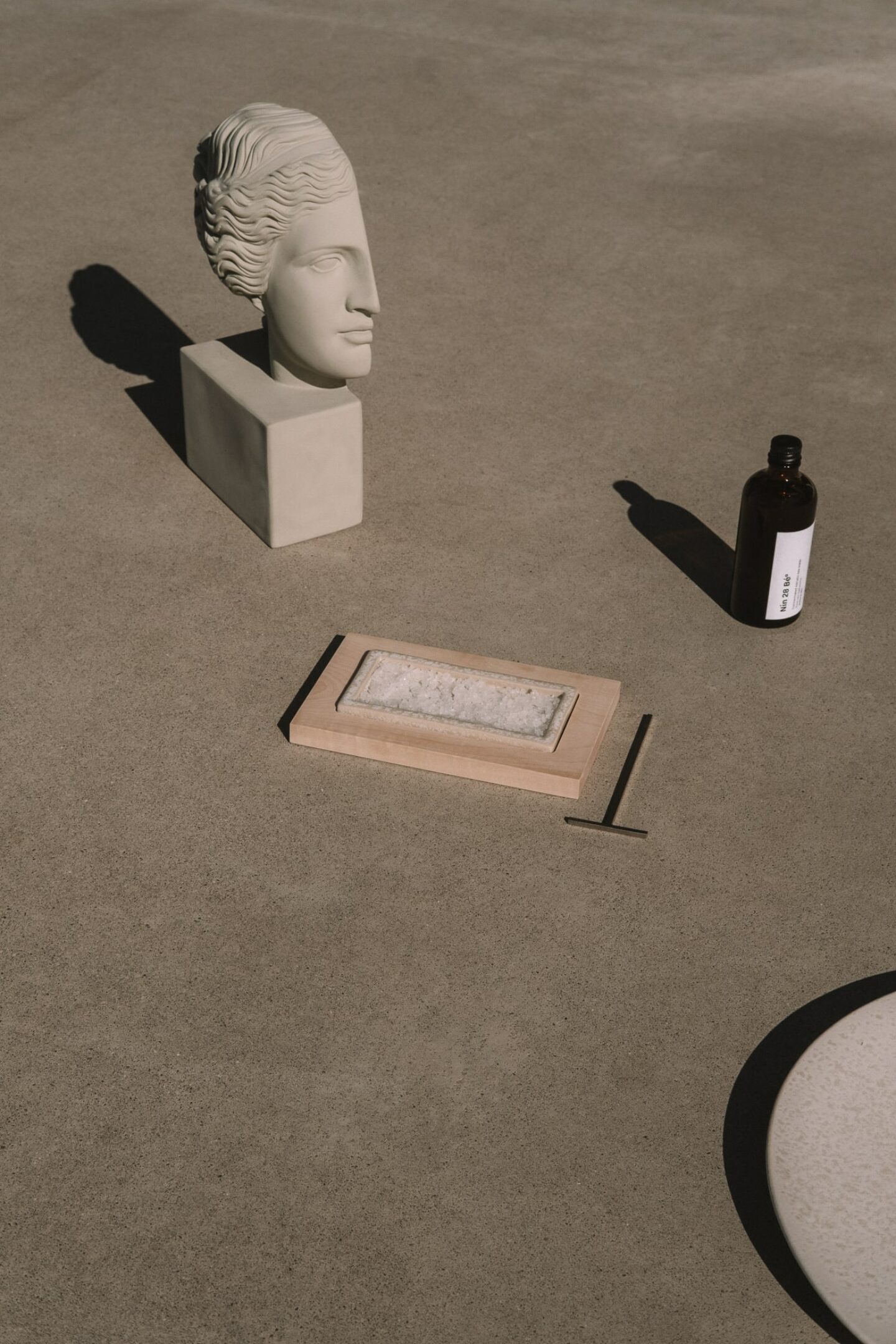
Image © Clemens Poloczek

Image © Clemens Poloczek
The portable saltwork minimizes the environmental impact while creating a more sustainable food production system with respect for nature
The design also has a strong ecological message. “For centuries, traditional saltworks and salt marshes around them have served as crucial natural habitats for more than 280 waterbird species,” explains Ivan. “Overfishing, pollution, and climate change have already severely damaged the Adriatic Sea. Today, many traditional saltworks in the Mediterranean are abandoned or transformed due to the lower cost of industrial salt production. The disappearance of traditional saltworks threatens biodiversity, but it also threatens the rich culinary culture of the Mediterranean,” he continues. The portable saltwork SAL⊥ minimizes the environmental impact while creating a more sustainable food production system with respect for nature. Their hand-harvested crystals preserve not only the authentic taste of sea salt but are untouched and sustainable; they also make a healthier and more natural alternative to commercial salt.
BOIR, however, doesn’t stop at being functional and sustainable; its products strive to be emotional and create a feeling. “We perceive contemporary dining as the theater for the senses,” says Ivan; “our tableware and dining accessories are your props and backdrops—they set the tone, provide the space for performance and provoke the inquisitive minds of both chefs and foodies.” Conceptually tied together and fueled by a strong narrative logic, their product range extends to sculptures and tableware collections, including their line ‘New Normal’—designed as a conceptual answer to the coronavirus pandemic’s impact on traditional dining rituals, enabling dining at a safe distance, without fear of physical contact. “Our goal was to offer a solution for safe food sharing between two people, maintaining the served dishes presented as a whole but separated with subtle protective barriers,” explains Vlatka. Another exquisite example is the studio’s latest endeavor, ‘Casa Nuah Bali’—a stunning holiday home in Kerobokan, in the heart of the Indonesian province, designed for slow living in collaboration with local artisans. The place is a sanctuary and oasis for travelers eager to settle, meditate, and forget the hushes of modern life immersed in lush tropical vegetation, with clean lines and three en-suite rooms.
With SAL⊥, the New Normal, and more, BOIR’s work is a true testimony to great artistry, novelty, and evidence of the power of experiences and beautiful objects to inspire and elevate the design world. This philosophy has always sat at the core of IGNANT. Whether through words or product design, the collective power contained within the materials and storytelling of SAL⊥ speaks to the value people place on sustainable craftsmanship. As we continue to navigate a world where mass-produced, disposable goods are becoming the norm, there is a growing appreciation for the time-honored techniques and expertise that go into creating exceptional pieces. Projects like BOIR’s portable saltwork help preserve and promote those traditions, serving as a testament to the unique power of creativity—something we can all cherish and now engage in within the comfort of our kitchens.
Images © Clemens Poloczek, unless stated otherwise
